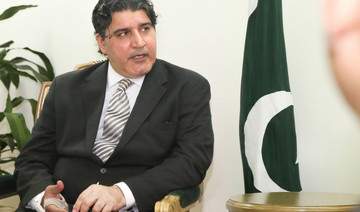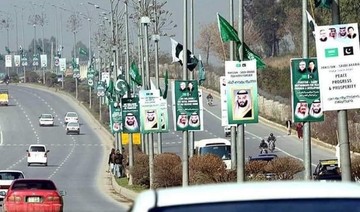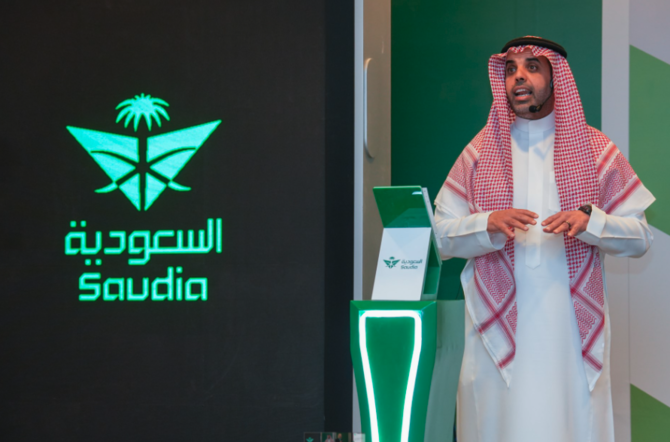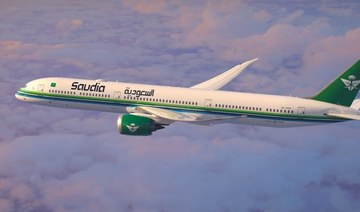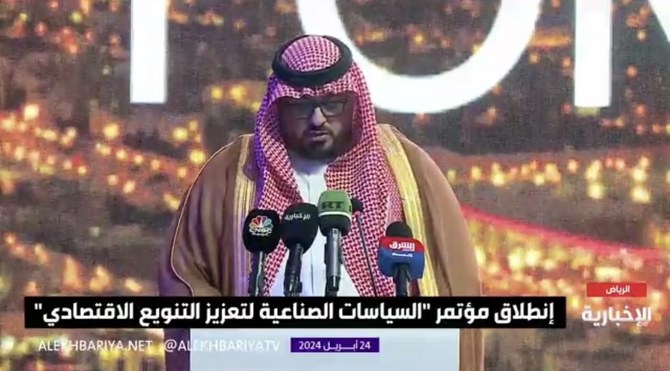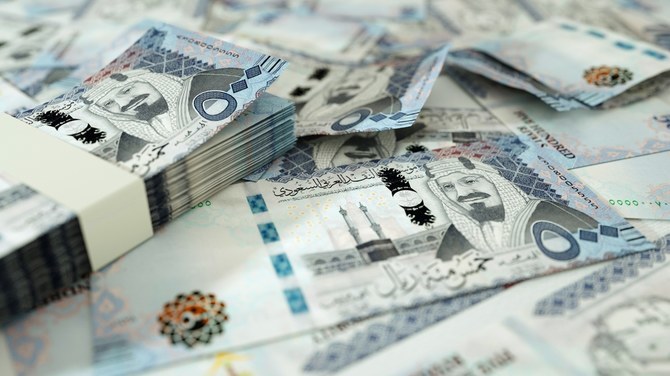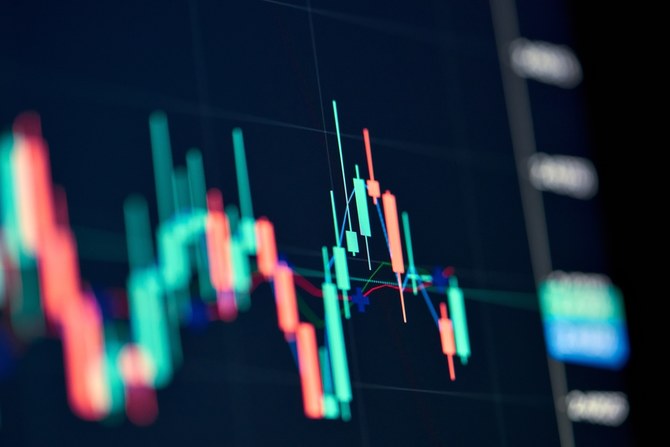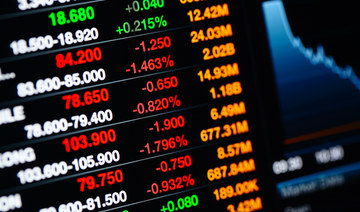KARACHI: Saudi Arabia is expected to announce investments in Pakistan worth between $15 billion and $20 billion during Crown Prince Mohammed bin Salman’s official visit, according to the head of Pakistan’s Board of Investment.
The Kingdom and the UAE in recent months have offered Pakistan more than $30 billion in loans and investments to tackle a soaring current-account deficit. The Saudi crown prince is due to sign off on his country’s deals, including one for a $10 billion oil refinery in Pakistan’s Gwadar Port.
“We are expecting Saudi investment in the range of $15 billion to $20 billion based on the interest investors have expressed so far,” said Haroon Sharif, minister of state and chairman of the Board of Investment.
Sharif previously said that Pakistan expected investments worth about $15 billion from Saudi Arabia over the next three years, and about $40 billion from Saudi Arabia, the UAE and China combined in the next three to five years.
Mian Mehmood, the Pakistani head of the Pakistan-Saudi Arabia Joint Chamber of Commerce and Industry, said recently that in addition to the oil refinery project, a further $10 billion is expected to be invested in sectors other than oil and gas, bringing the total to $20 billion.
“About 25 to 30 agreements are expected to be finalized during the visit of the crown prince,” said Mehmood who recently led a business delegation to the Kingdom to explore bilateral investment and cooperation opportunities.
More than 30 public and private companies are poised to invest in Pakistan, including Saudi Aramco, SABIC and ACWA Power, he added.
The sectors targeted for Saudi investment include oil refining, petrochemical, mining, construction, power generation, agriculture and glass.
“Ten Saudi manufacturing companies working in construction and allied materials, and 10 companies interested in the food processing sector will come to sign agreements,” Mehmood said.
Speaking this month during a visit to Gwadar to inspect the site of the $10 billion oil refinery, Saudi Energy Minister Khalid Al-Falih said: “Saudi Arabia wants to make Pakistan’s economic development stable through establishing an oil refinery and partnership with Pakistan in the China-Pakistan Economic Corridor.”
Work on the refinery is expected to begin within 18 months.
“Once the project starts production, the country would be able to save about $2 billion in foreign exchange on costly imports,” said Samiullah Tariq, the head of research at investment firm Arif Habib Limited.



